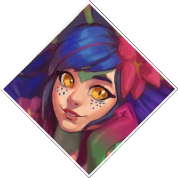
If you're new to League of Legends and want to start your journey in a less competitive environment, consider trying out an Iron-ranked League of Legends account. These accounts allow you to practice and refine your skills without the pressure of higher-tier games.
For different reasons, support is, generally speaking, the easiest role to climb in the Summoner's Rift and get into the basics of League. This is due to an array of reasons we're going to explore in this post, but it doesn't mean the role is entirely braindead.
The thing that makes support the easiest role is how efficient its "braindead" picks are. Even its riskier picks like Leona and Pyke have their falls cushioned by simply being not worth much gold over the course of the game.
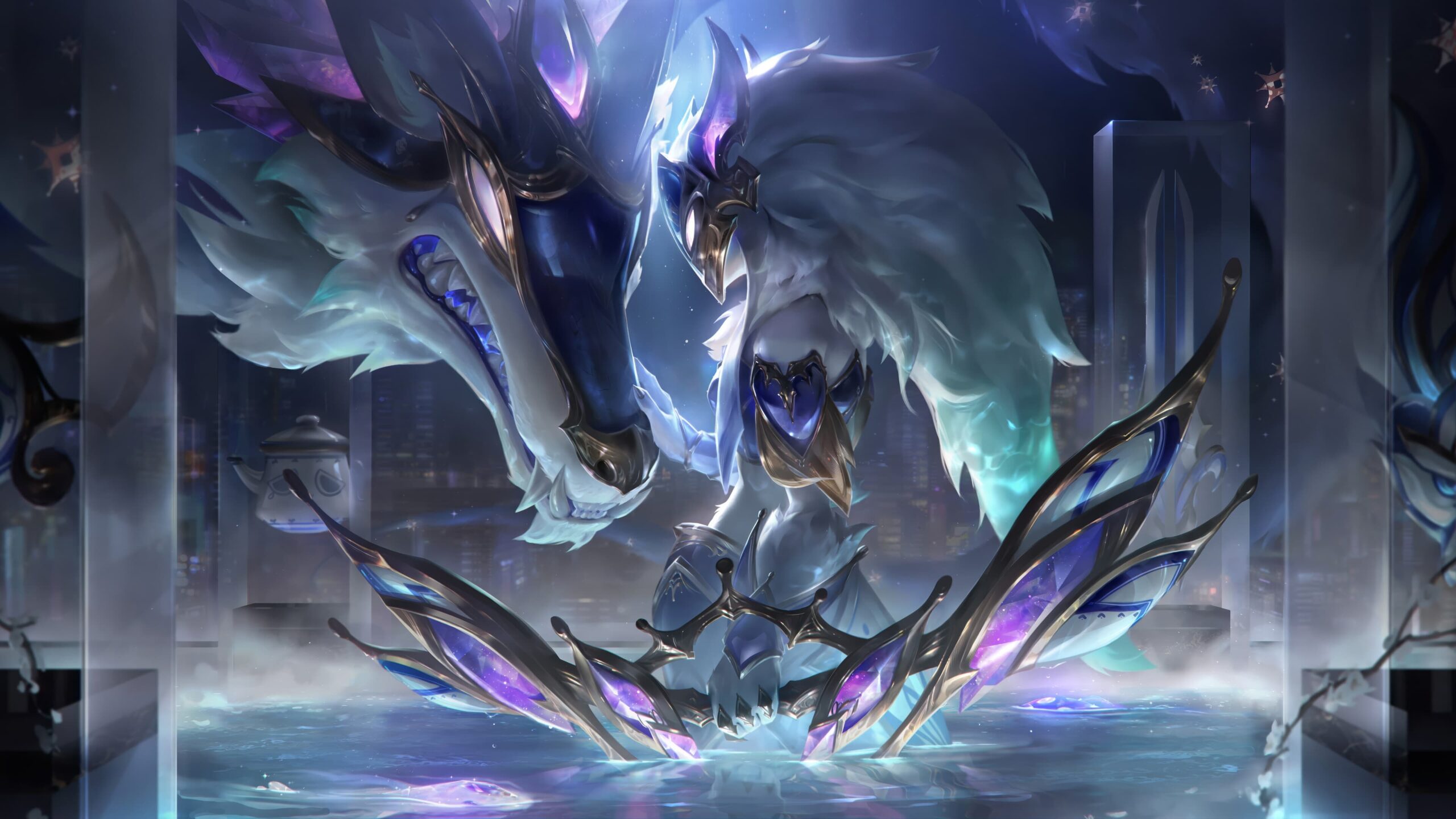
In the past, Tyler1 described the role as "the easiest role and the role with the biggest influence over the game". This has some truth to it, since objectives have only been getting more and more important for actually winning games, but he's changed his thoughts on it after his jungle climb.
Since jungle is such a vital role with a relatively lower play rate, there's also been an active intention in the last two seasons to make junglers more accessible (more sustain, more mana regen, jungle pets making offmeta picks better, etc). More and more champions are becoming viable in the jungle role as time goes on, but the dealbreaker, for most, remains. You are singlehandedly left with an overwhelming amount of possible influence onto the game, and responsibility can be intimidating.
You don't really get to interact with minion waves. Nobody's really around to contest you for your jungle camps, which can lead to the early game feeling a bit like a flowchart. Instead, the way to deny the enemy jungler of gold and experience is to track them around the map and counterjungle. In many ways, the role is not harder, it's simply different.
It's difficult to tell if it's the hardest role to climb with, but it's up there along with Toplane as the most punishing roles, at the very least.
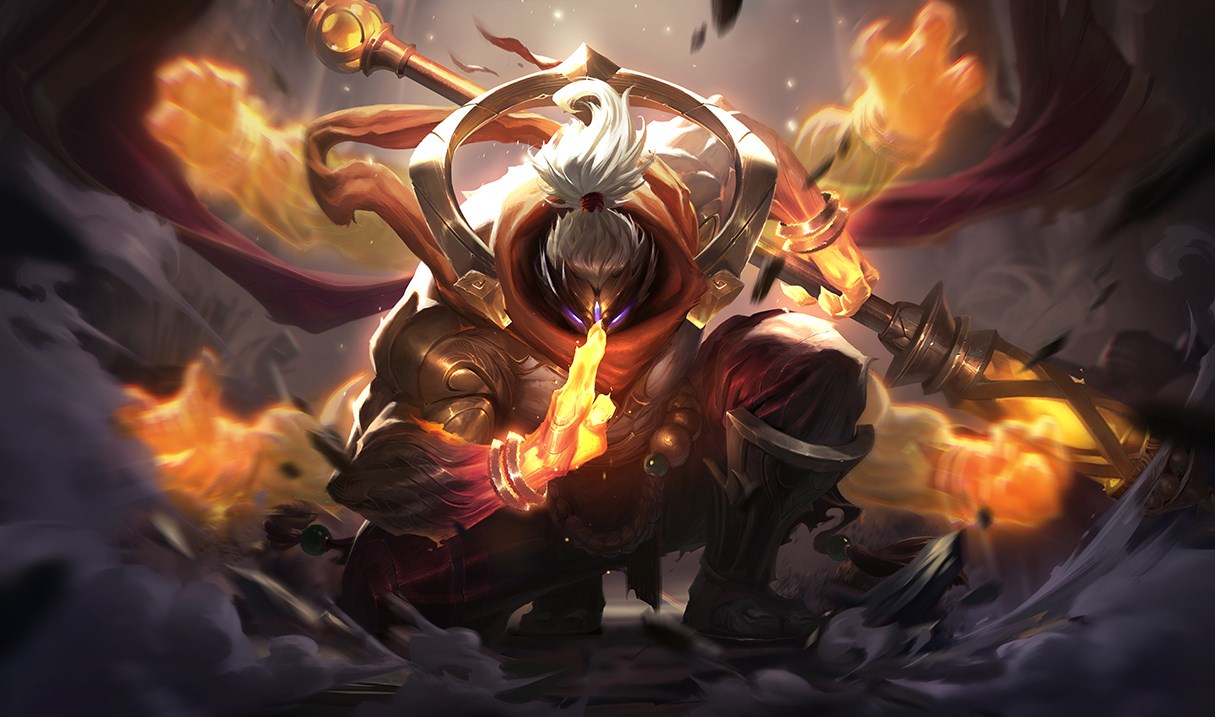
Playing a toplaner doesn't require knowing a ton of unique mechanics, but failing in any of the existing mechanics is very punishing. Matchups, wave management, powerspikes, etc. Since you're so detached from the rest of the game, if you screw up on any of these, chances are that disadvantageous gamestate will remain until you change it yourself. It's a role with relatively lower impact on the match, while also being one of the most punishing, if not the most.
In one hand, top lane makes for a great learning experience, since your mistakes and clearly and easily apparent. In the other, chances are nobody will help you break out of that wave state, or help you even the score with the opponent. Even if they do, it can often simply be inefficient to help you out. Their time may be better spent on more important parts of the map.
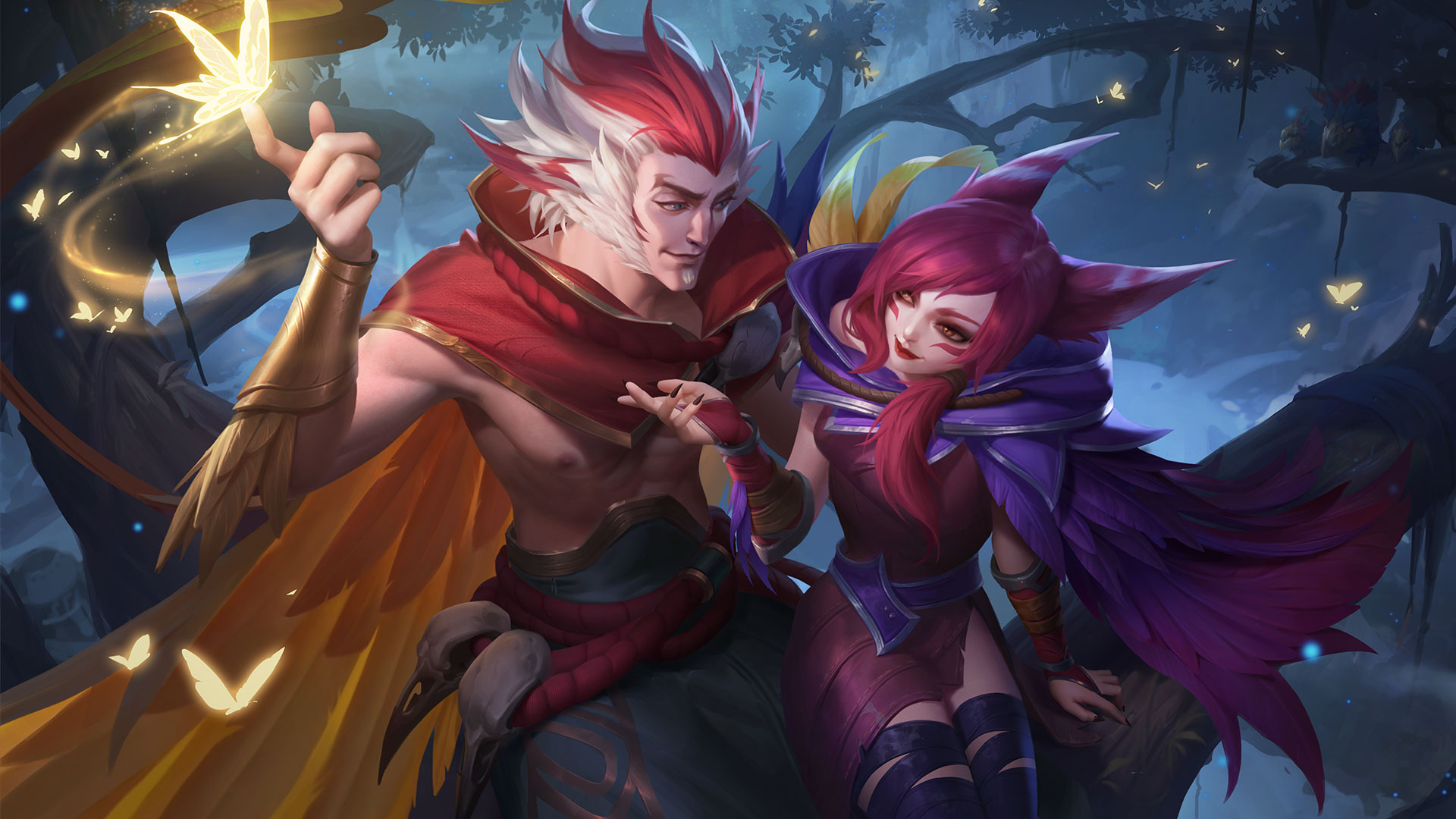
ADCs in their current state don't tend have a ton of agency in the game. Playing ADC can teach you when to fight and when to just sit down and farm, which is a really important thing to nail down on. However, when it comes to actual game influence, an ADC is often only as good as their team allows them to be.
ADCs have a lot of tools to play reactively with their team. That is, they react to their team getting in, getting dived on, so on and so forth. Most ADCs aren't really equipped to play proactively, though. That is, catching people out, making plays and diving people. Using your kit to move the game forward, rather than being along for the ride.
ADC is relatively easier to climb with, but it can often feel like you're at the whims of your own team. You can be as fed as you want, but there's nothing you can do if your team won't group for a good fight, or constantly engages on bad fights.
Generally, reactive play tends to lose to proactive play. Not only do you have to physically react to an engage or dive, but, if they picked a good fight, you also have to do so in a disadvantageous position. All while knowing you could not capitalize on the same mistake, were you in their same position.
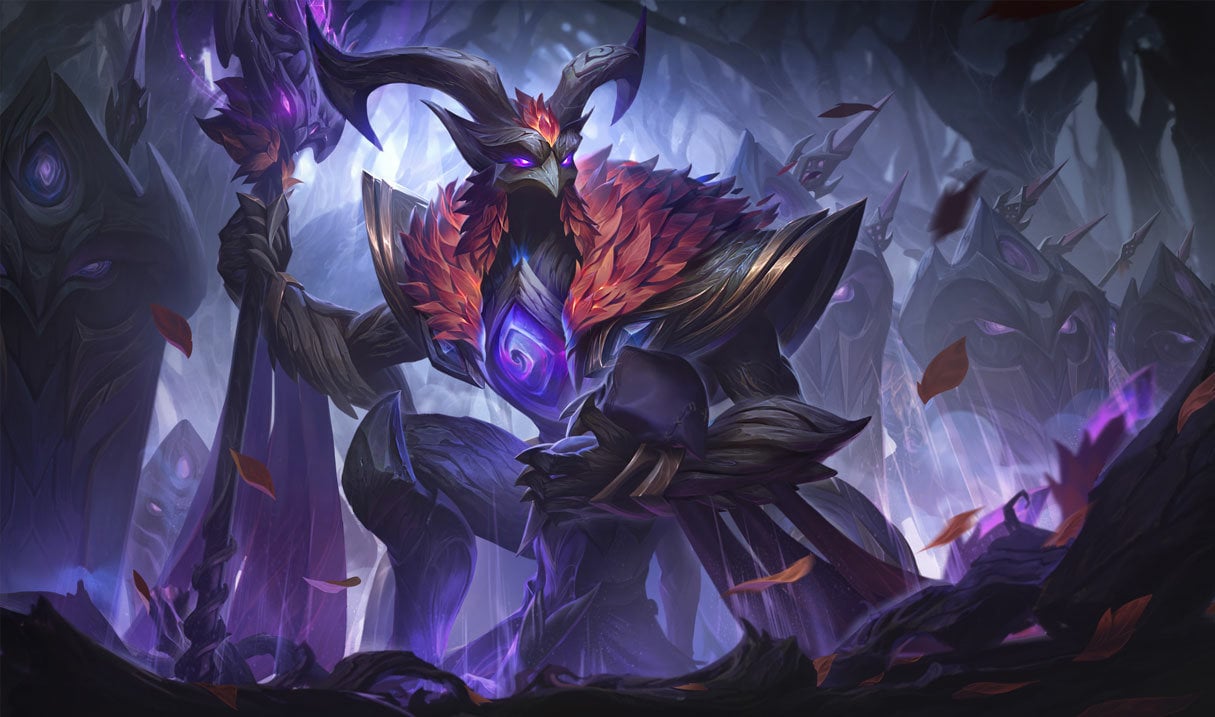
Midlane can be pretty polarizing. You're expected to learn wave mechanics and good farming, but it's also the lane where the most skirmishing happens. Mages have to push into assassins to punish them for roaming around the map, and assassins and fighters will have to play around that. Being in the center of the map also obviously grants you the ability to be in any objective and fight, if you can make it in time.
Regardless, mid lane is a great lane to climb and learn in, not only because of how important wave mechanics are, but also because you showing up to fights, or punishing your lane opponent for leaving the lane to fight somewhere else will always make a big impact on the current state of the game. It's an influential role most and foremost, and the strength of a mid laner is often measured in how much they can participate in skirmishes, or how they can invalidate their opponent's participation in them.
As stated before, reactive play tends to lose out to proactive play, and midlane demands that you learn about both. Both assassins and mages, the most common archetypes in the midlane, can choose to play reactively or proactively at all points of the game.
Regardless, there's another role that allows you to choose to play reactively or proactively. A role that allows you to choose between laning or roaming, while interacting with minions and wave mechanics, all with a higher degree of safety, and that is..
Choice and flexibility is what defines the role.A support player not only has a ton of choices of champions to pick, but they all have very robust or strong picks. Inside the game, the player always has the chance to get in the fray and try and have as much influence in the game as any other role (or even more!), while always having the choice to simply sit back and let themselves be carried.
This trend is not only marked by the abilities most Support champions have, but also by their items. This season, instead of having two support items that give you more gold for poking or for executing minions, we have one support item that does both, and can be upgraded in the middle of the game depending on the situation.
This theme of flexibility manifests in a few important ways
When you hear "support", you might be thinking a healbot. Somebody who purely sticks in the back, reacting to damage with healing or shields, or helping out their carry when they're in trouble, but that couldn't be farther from the truth.
While you can totally opt for a purely passive playstyle, Support has lots of room for creativity that allows you to pick out your own style of gameplay over time and stick with it.
Want to play more passive and reactively? Play an enchanter like Janna, Yuumi or Lulu. Your success hinges on you reacting to the situation in the correct way, having your abilities up when you need them, and using them efficiently when you need to.

Want to play more aggressive and roam around making plays? There's hook champions like Nautilus, Blitzcrank and Thresh who are all about that, forcing opportunities for their team to capitalize on. Pyke has a hook ability as well, but doubles as an assassin as well, granting his ADC more damage in the early to mid game to help them out in getting kills, or staving off people trying to pick his carry with pure damage. Pantheon also fulfills the role of an assassin early on, eventually getting tankier as the game progresses and serving a more frontline-y role in the late game.

Want to sit back and deal damage? Supports can do that. Brand, Xerath and Lux all fulfill this purpose, facilitating kills in the early to mid game while having enough utility or crowd control to be useful into the lategame, even without having a lot of gold. If you want to get even closer to the role of dealing DPS, Senna has that niche. She's able to passively collect stats throughout the course of the game to be a real damage source in the late-game, while having heals and CC that keep her relevant throughout the entire match.

And then you have tanky engage supports, who get a free choice to play more like a hook champion, fishing for picks, starting fights and proactively trying to get their team ahead, or playing back to respond to enemy engages instead. Examples for this include Taric, Braum and Tahm Kench.

The Support role sure seems to include a lot of champions, then. What's the common thread between them all? The main thing that defines if a champion can go into this role is simply if they can be helpful to their team while behind, and it is this very defining trait of Support that makes it a more forgiving role than any other. They can play an entirely different game that is completely independent of how much gold or experience they have.
You have a ton of different archetypes under the Support role, probably much more than in other roles. Moreover, every single specific pick inside the Support role always gets the chance to decide if to play more passively or actively, and both of these modes of play are always efficient for them.
Support players have pretty powerful options when it comes to more proactive play. While most supports will most often just stick to bot lane, they always have the choice when their ADC is recalling to instead opt for roams or skirmishes with the enemy jungler.
A pretty common strategy is playing into the weaker solo queue mental and camp a lane. Even if you don't get a kill or break their mental into giving up, the constant pressure of hovering mid, and bot lane not knowing when you'll come back to the lane will force the other team to play on their toes.
While it is true that many supports (like mages) are expected to contribute pushing a lane, you don't really have to know when to do so. A good ADC will ping you to push when you need to. Moreover, a ton of supports simply don't have the damage to help with this aspect of laning.
Champions like Yuumi can honestly completely ignore wavestates, for example. You can simply poke to fulfill your support item's quest, and fill in the gaps by executing minions with it. Using it like this is purely selfish and doesn't necessarily get your ADC further ahead. It's by no metric the most efficient way to use your item, but the effect of that is diminished by the next point.
It's easy to reach the threshold of doing just fine as a support, peeling for your carries in team fights, picking off easy engages and generally staying out of trouble. However, optimizing your gameplay as a support can have diminishing returns. Your kit isn't really built for damage, and this is the main tradeoff support players give up for their ease of use and versatility. A support can't really 1v9 a match, and there's less pressure to do risky plays since there's less of a reward to doing so.
The role's also generally the least punishing in the game because of the kit most supports have, heavy utility and CC. You can't usually "fall behind" yourself, and the enemy team can't exactly deny you of anything because you usually don't care about gold or levels yourself. Compare that with toplane or midlane, where you can lose the whole game because a bad trade early resulted in your opponent getting their first big component early, and dominating you for the entire laning phase after that.
Starting fresh can be a great way to improve your gameplay without the stress of affecting your main account. Check out our unranked level 30+ League of Legends accounts, perfect for experimenting with new roles like Support while climbing at your own pace.
Support item variety is terrible, and has generally always been terrible. Tanky supports generally have a pool of 10-12 cheap items that do great on them, and enchanters have even less. Mage supports have access to the also incredibly good items of their midlane counterparts, but they often have to choose between slower scaling and more damage, and scaling along with their team while buying enchanter items.
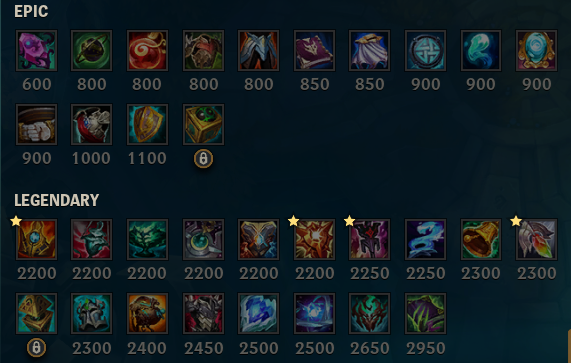
Since there's not a ton of variety on builds, it's completely safe to simply get the same items for the majority of your games, only changing one or two situationally. Itemization has become even simpler ever since all the different support items got mixed into one, that evolves into different items with extremely clear niches.
The few items supports have, though, are incredibly efficient for the gold you spend on them. It's so good that they're always on the brink of barely being used on other lanes, on roles whose purpose isn't even close to support (looking at you, Imperial Mandate). And every time that they've passed the threshold to become too good for support, they've shifted the meta completely (ZZ'Rot, Ardent Censer, etc).
Compounded on the things we've said before, there's one final thing about support, and the reason why it's often called a braindead role. While you can be a proactive support, you also have some of the best reactive play in the game. Which means, if you really want to, you can always just sit back, follow your team's calls, and simply allow yourself to be carried. If you're behind, you can always just peel your carries and play for vision control. Even if you play a riskier support that likes to get in and engage, your mistakes are always minimized by the fact that at any point, you can choose to stop picking fights and allow your team to pick them instead. The nature of crowd control and utility makes it so it's always useful both offensively and defensively, regardless of if you're ahead or behind.
Tyler1 ran an incredible challenge where he got all the way to Challenger, the highest ranked bracket, while playing only one of the five roles. He had the following to say about Support:
"Support is the easiest role. Dude, I brain-off autopiloted almost all of support. I'm not even kidding, and it took me 500 games, and my brain was off. I'm just right-clicking botlane from fountain. [...] You just have to not be terrible. Before, I said all support players suck. The ones that suck a little less, climb, and it's true."
Tyler1's ranked climb as support was impressive, even among supports. It was his shortest climb yet. Like many other ADC players, he happens to have a skillset that fits into support naturally.

Even though he's got quite a streak of toxic incidents, Tyler1 is different compared to other League streamers, in the sense that he never really goes for protagonism or 1v9s. His strengths are actually centered on his extremely high team awareness, map awareness and game sense. As you can guess, these are actually very handy traits to have as a Support main.
Doublelift played botlane professionally between 2011 and 2022 for some of the biggest proplay teams in their respective years, and had the following to say about the subject:
"Every good player is going to say the same. Support is the easiest role to climb with, by far, and you don't need to be good at the game to climb with it. That is just a fact"
While this sounds very close to what Tyler said, "You don't need to be good at the game" is the part I wanna focus on this time.
A lot of the things that make a good support are overall more universal in gaming, which means you need to generally learn less when learning Support. This doesn't necessarily mean the role is easier, but you have more chances to get good at the role in different games, and translate that into League. Things like interacting with waves, proper itemization and powerspikes are all things you need to learn within League of Legends by playing the game. Knowing when to hover around your allies and when to ward is pretty universal, compared to other games where you're expected to help an ally around. The role's generally more intuitive and simpler.
It's no coincidence that both of these players have both played ADC for a very long time. They're both naturally going to spend a lot of their time looking at support gameplay, which means they're going to passively absorb knowledge on Support gameplay over time.
As such, they have collected some specific insights on the role that are only attainable through playing ADC and depending on a support. After playing support for years, you know exactly how to, as an ADC, play around your support. Following this logic, Tyler1 and Doublelift would naturally find the support role easier since they know so much about ADC picks and matchups, their strengths and weaknesses, their powerspikes, and when it's better to just roam and let your carry farm.
However, they are right. Support is generally the easiest role in League of Legends. It is the least punishing role while still having a moderate influence over the map. It allows you to easily adjust your champion selection, and the highly gold-efficient items have enough things in them to not need to worry about your build during most of your games.
